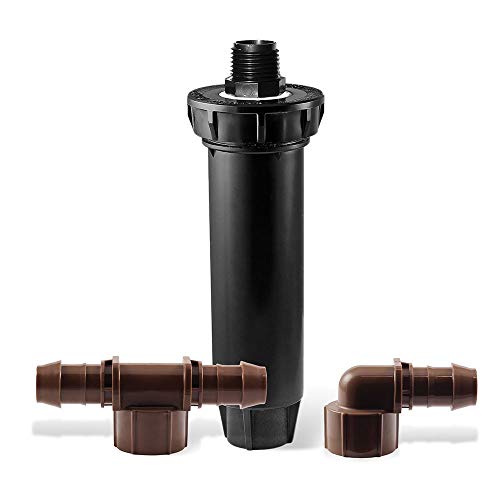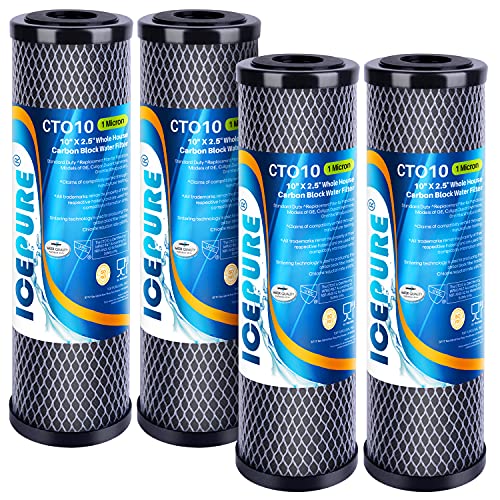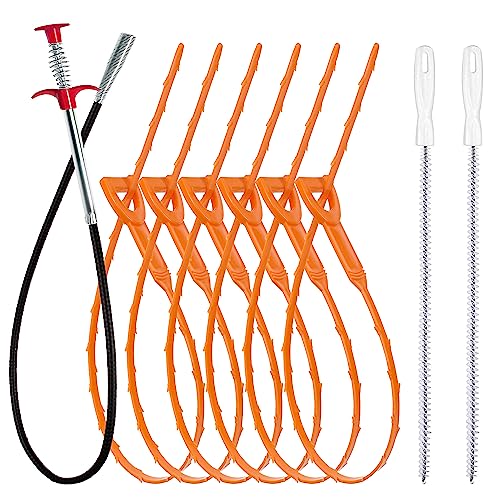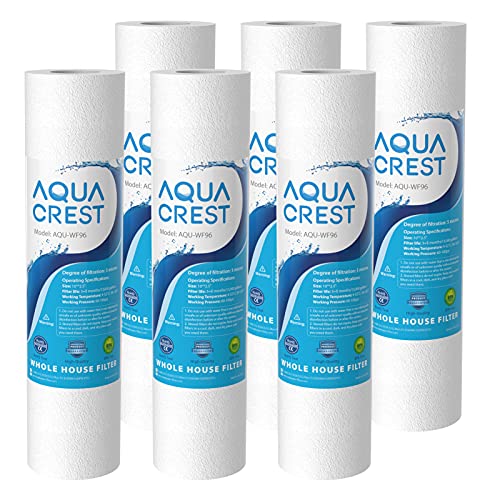To drain it, I hooked up a hose to the drain at the bottom of the boiler. I then ran the hose to a nearby shower, and opened the valve. Lots came out, but when it slowed to a trickle, I went to the highest radiator and starting unscrewing the bleed valves on all the radiators in the house. Starting from top to bottom, until it was empty. I then loosened the 4 large bolts holding the pump and circulator to the thing that goes inline of the pipes going to the boiler then out to the house. I then removed 4 smaller bolts to separate the circulator from the motor. Then I unhooked 2 springs and it was free.
To Refill, I an going to shut all the bleed valves, open the freshwater inlet, and wait for the pressure to reach 12 psi. Then I will go to the top radiator and bleed until waters present, then repeat on lower radiators, then fill again to obtain 12 psi.
Is this correct? Thank you for all the help. I ordered the red one, and had it overnight shipped. It will be here tomorrow morning hopefully.














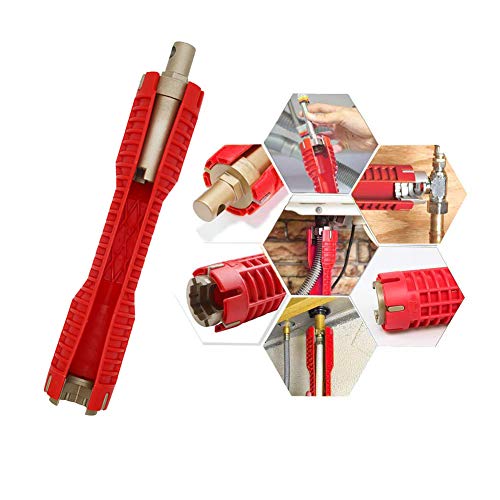


















![MEISTERFAKTUR drain snake 2.0 [50 FT] - with drill attachment - Ideal plumbing snake for sink and drain unblocking - Solid drain auger for real DYIs! (50 FT - 1/4 inch)](https://m.media-amazon.com/images/I/41VwmTiOsgL._SL500_.jpg)




